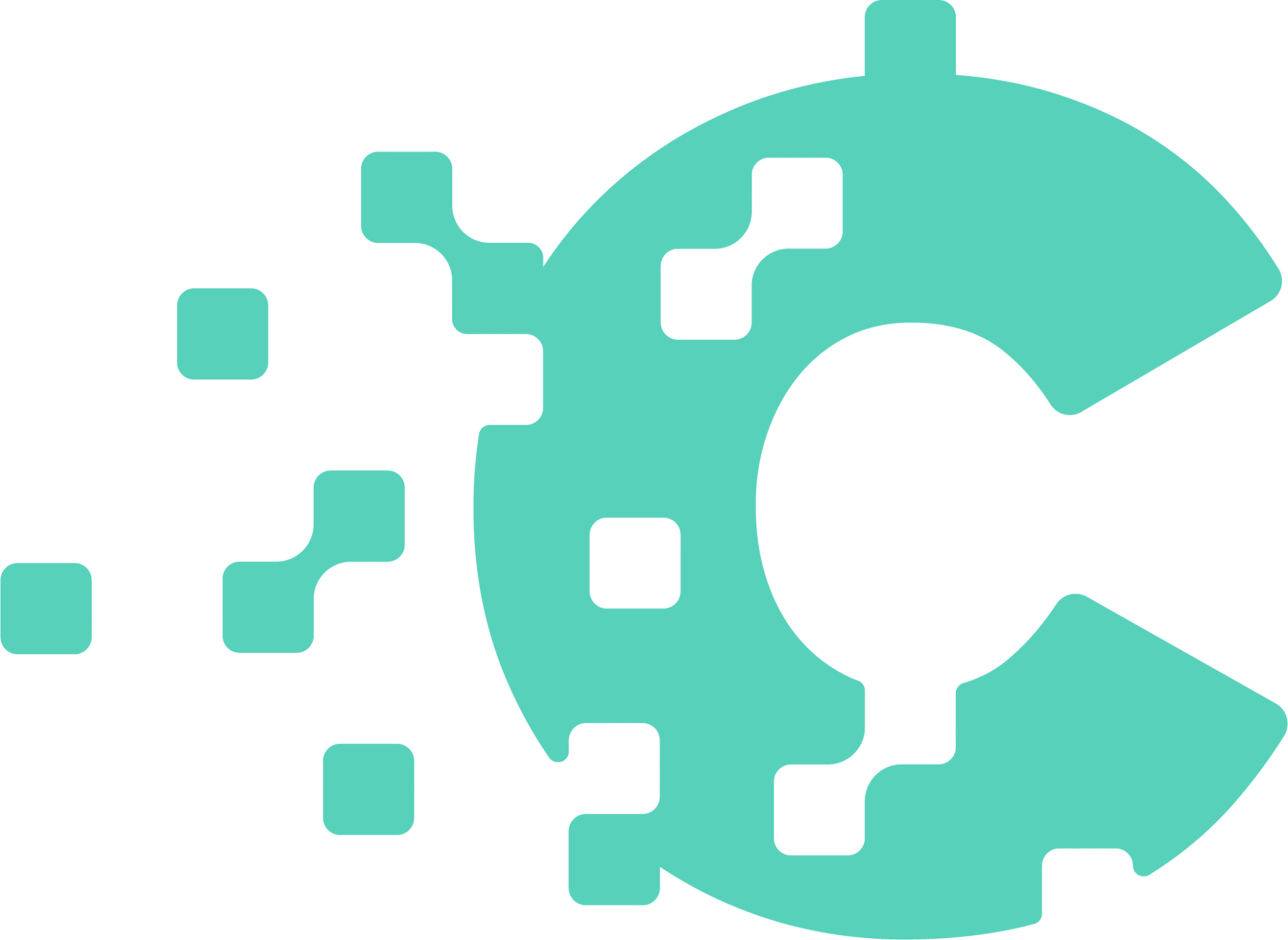A website’s speed plays a crucial role in determining its success. From search engine rankings to user satisfaction, website speed optimization has become a top priority for businesses looking to establish a strong online presence. As a leading digital marketing agency in Nashville, TN, CFM understands the significance of website speed for SEO and user experience. In this blog post, we’ll dive into the importance of optimizing website speed, explore the factors affecting it, and provide actionable strategies for improvement.
Understanding Website Speed
Website speed refers to the time it takes for a web page to load completely. It encompasses various factors, including server performance, page size, and content optimization. In today’s digital environment, users expect websites to load quickly and seamlessly. Slow-loading pages not only frustrate users but also impact search engine rankings, making website speed optimization essential for online success.
Factors Affecting Website Speed
Several factors influence website speed, ranging from technical infrastructure to content optimization. These include server performance, page size, browser caching, and image optimization. A poorly optimized website with large files and excessive HTTP requests can result in slow loading times, leading to a poor user experience and lower search engine rankings.
Importance of Website Speed for SEO
Google considers website speed as a crucial ranking factor in its search algorithm. Faster-loading websites are more likely to rank higher in search engine results pages (SERPs) compared to slower ones. Additionally, website speed impacts crawlability and indexing, allowing search engines to discover and rank pages more efficiently. By optimizing website speed, businesses can improve their visibility and organic traffic, driving higher conversions and revenue.
Impact of Website Speed on User Experience
User experience is directly linked to website speed, with faster-loading pages leading to higher engagement and satisfaction. Research shows that users are more likely to abandon a website if it takes longer than three seconds to load. Slow-loading pages not only deter users but also result in higher bounce rates and lower conversion rates. By prioritizing website speed, businesses can enhance user experience and foster long-term customer relationships.
Strategies for Optimizing Website Speed
To improve website speed, businesses can implement various strategies, including minimizing HTTP requests, leveraging browser caching, and compressing images. Content delivery networks (CDNs) can also be utilized to distribute website content geographically, reducing server response times and improving load times. Additionally, prioritizing above-the-fold content and implementing lazy loading techniques can further enhance website performance and speed.
Best Practices for Sustaining Website Speed
Website speed optimization is an ongoing process that requires regular maintenance and monitoring. Businesses should conduct periodic performance audits and optimization efforts to sustain website speed over time. By staying proactive and responsive to changes in technology and user behavior, businesses can ensure that their websites continue to deliver fast and seamless experiences to users.
Reach Out to Conversion First Marketing Today!
By understanding the factors affecting website speed and implementing effective strategies, businesses can enhance their online visibility, engagement, and conversions. As a digital marketing agency in Nashville, TN, Conversion First Marketing is committed to helping businesses optimize their website speed and achieve their online goals. Contact us today to learn more about our website optimization services and how we can help your business succeed in the digital landscape.

